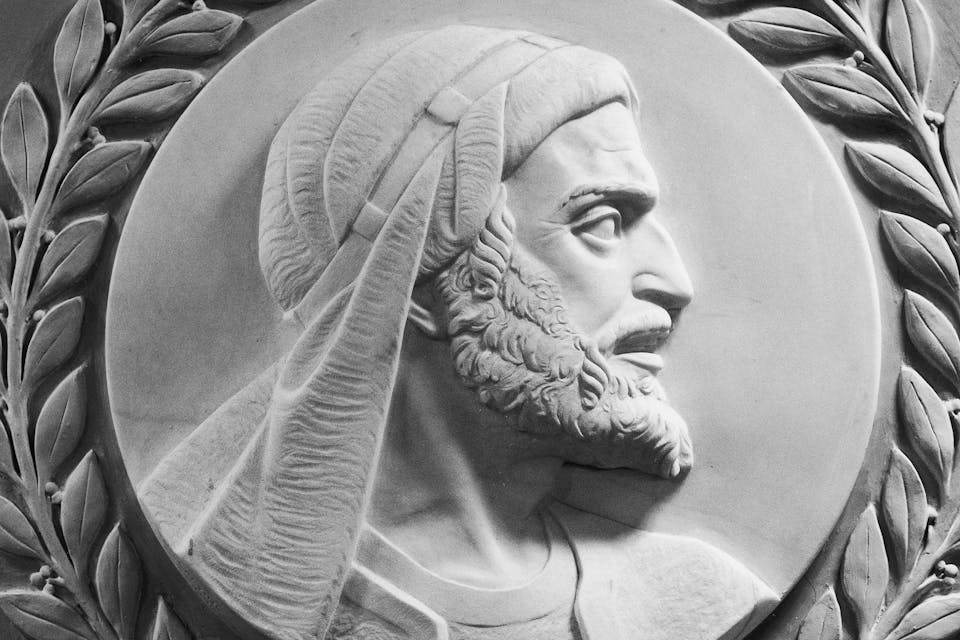
January 23, 2017
The Difference between a Biblical Scholar and a Philosopher
The former seeks answers; the latter seeks the questions that can help situate human beings existentially and rationally within the universe.
Jon Levenson’s thoughtful critique of Kenneth Seeskin’s Thinking about the Torah is commendable both for taking a serious contemporary Jewish philosopher seriously and for taking the text at issue equally seriously. Many other biblical scholars spend their lives studying and teaching texts that they themselves do not take seriously, devoting themselves instead to the interminable exercise of determining the precise historical development of the Bible while rigorously avoiding questions of the text’s substantive value or meaning.
But if an exclusively critical-historical approach to the Bible runs the risk of reductionism, Levenson’s essay warns of an opposite danger: “substituting a foreign discourse”—that is, the discourse of philosophy—“for that of the Bible itself.” It is this “temptation” to which, Levenson argues, Seeskin falls prey, a claim he substantiates by targeting three of Seeskin’s thematic discussions for analysis and critique. On this point, I should say at the outset, I disagree with Levenson; in what follows, I mean to counter his critique both in general and with regard to Seeskin in particular.
Following both Seeskin and Levenson, let’s start with the Bible’s treatment of creation. The Bible begins where no lesser a figure than Aristotle, a founding father of philosophy, considered all thought to begin: in the questioning of beginnings, in this case the beginnings of the universe. The assumption that informs Seeskin’s reflections here is that “according to the Torah, the world and everything in it owes its existence to God.” Levenson, for his part, faults Seeskin for focusing narrowly on the creation narrative in Genesis and ignoring other models of creation promoted elsewhere in the Bible—as Levenson has shown in his Creation and the Persistence of Evil (1988)—and involving malevolent forces threatening the world’s stability and existence. These are competing powers over which God does not have complete control, and which He constantly needs to keep in check.
Responses to January ’s Essay
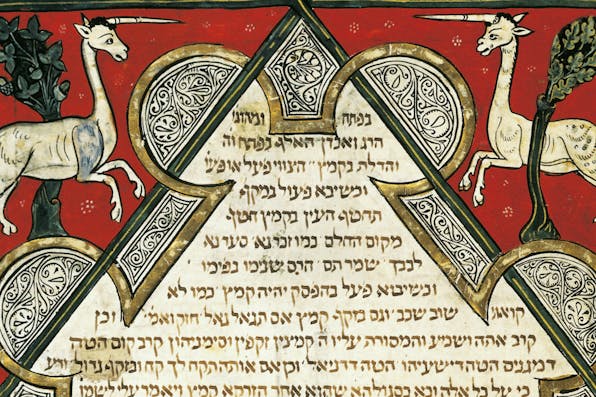
January 2017
The Chasm That Separates Modern Readers from the World of the Biblical Text
By Joshua Berman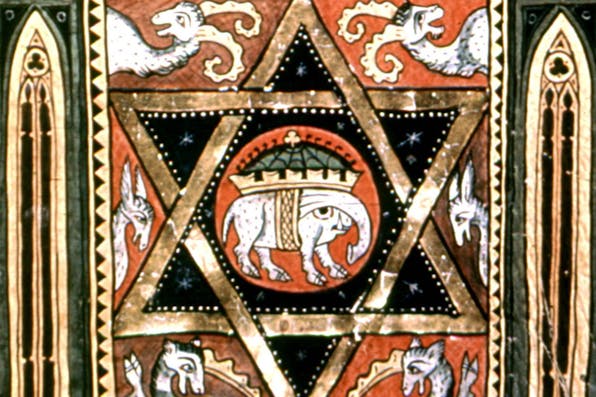
January 2017
Does the Bible Contradict Itself? Very Well Then, It Contradicts Itself
By R. R. Reno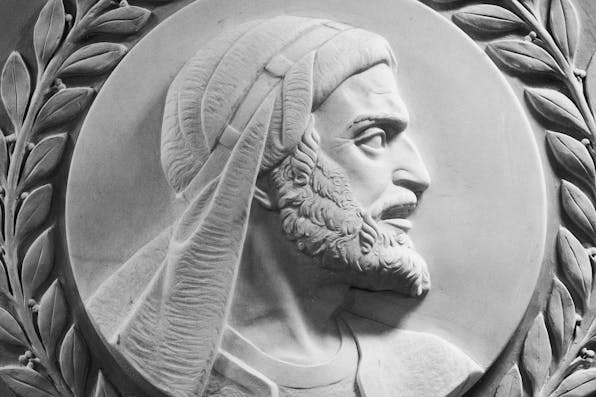
January 2017
The Difference between a Biblical Scholar and a Philosopher
By James A. Diamond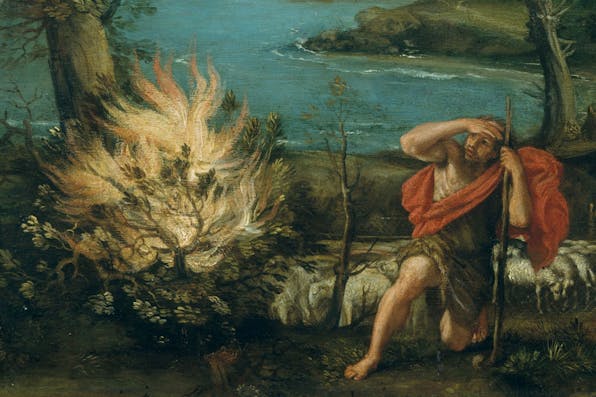
January 2017
The Inescapable Personhood of God
By Jon D. Levenson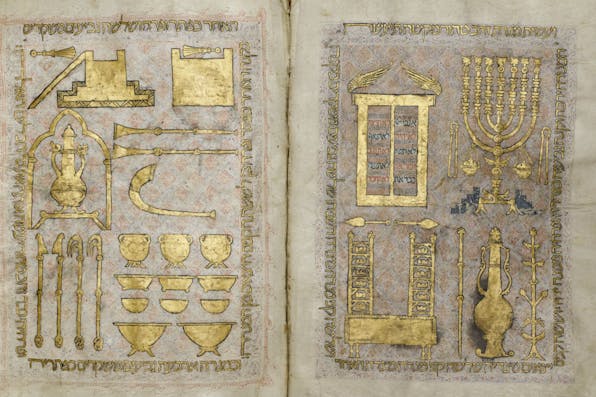
January 2017
“Is the Torah a Work of Philosophy?” An Exchange
By Kenneth R. Seeskin, Jon D. Levenson